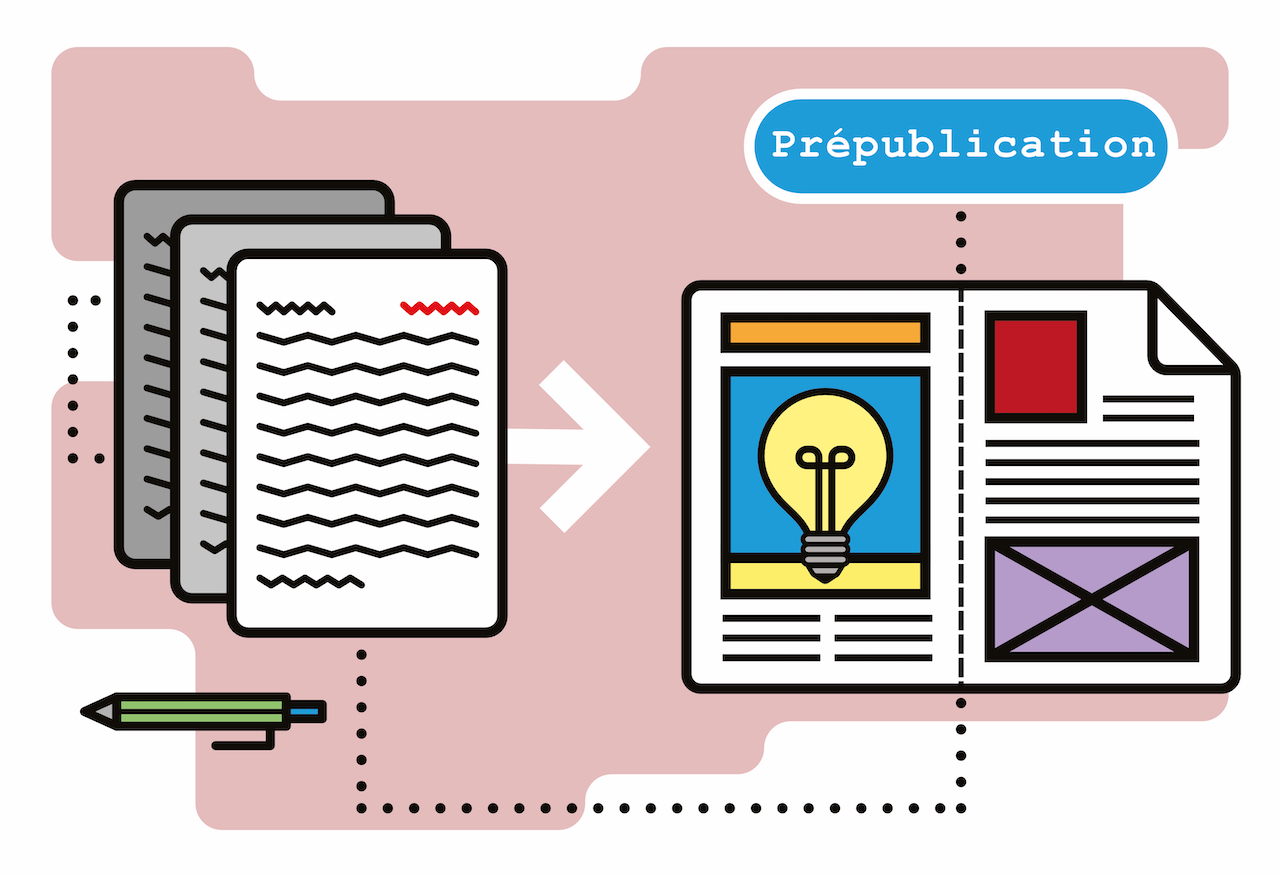Fiche du document
23 avril 2008
- ISIDORE Id: 10670/1.1f74ea...
- halshs: halshs-00275386
info:eu-repo/semantics/OpenAccess
Sujets proches
Conation Volition Cetanā Distribution, Cooperative Cooperative distribution Cooperative movementCiter ce document
Tarik Tazdaït et al., « Mutual Aid: An Indirect Evolution Analysis », HAL SHS (Sciences de l’Homme et de la Société), ID : 10670/1.1f74ea...
Métriques
Partage / Export
Résumé
This paper studies the concept of "mutual aid" developed by Kropotkin, which implies cooperation as a strategic choice. We study this concept in a Sequential Prisoners' Dilemma in a non-cooperative framework and in an indirect evolution framework (with complete and incomplete information). We systematically compare this game with one that models Kant's moral. In the non-cooperative framework both moral concepts imply multiple equilibria. In the indirect evolution framework with complete information Kropotkin's moral concept leadsto generalized cooperation, while Kant's rules lead towards general defection. In the indirect evolution framework with incomplete information both moral approaches favor selfishness. However, if some agents have an imperfect detection technology cooperative behavior will not disappear in Kropotkin's case, while it will vanish with Kant's morality.
